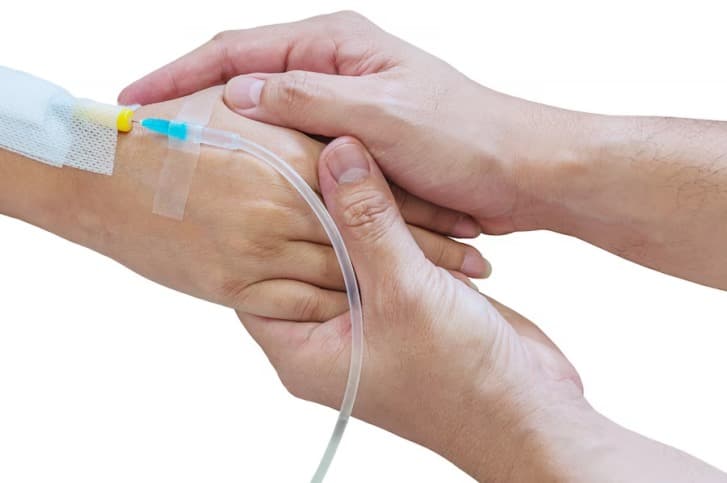Developing bladder control issues can be quite a difficult change. Fortunately, there are products and treatments to make all kinds of bladder concerns easier to live with.
In some cases, an intermittent catheter might be recommended by your doctor. Self-catheterization encourages bladder emptying at regular intervals throughout the day.
If your healthcare practitioner recommends self-catheterization, these helpful tips will help you adjust to the change.
Find A Catheter That Works For You
There are many different kinds of catheters on the market, which can make choosing one a bit overwhelming. You can ask your healthcare practitioner for recommendations, and reading online reviews is also a great idea to understand the different products better. You can also ask medical supply companies for samples when shopping for intermittent catheters for sale.
Keep A Stock Of Catheter Supplies
Once you have found catheters that suit your needs and your comfort requirements, it’s important to stock up. As with any essential medical items, it’s always best to avoid running out by keeping extra at all times.
When it comes to medical supplies that you need, like catheters, you can also benefit from bulk buying. Buying your essential supplies in bulk might give you access to volume discounts.
Get The Hang Of Things
At first, it may be tricky to get your catheter inserted the right way. Try using a mirror with a handle and sit backward on the toilet.
Place the mirror between your thigh and the back of the toilet. This practical trick will make seeing the urethral opening and gently inserting the catheter much easier.
Even if you struggle a bit at first, remember that this step will become a lot easier over time.
Drink Enough Fluids
It might feel a bit counter-intuitive to incontinence issues at first, but drinking enough fluids is essential. Even if you are concerned that drinking more liquid might mean that you’ll be spending more time in the restroom, or worrying about leaks, drinking enough fluid can help remove blocks, decrease harmful bacteria, and even help relieve constipation.
Stick To A Set Routine
By keeping a note of when you empty your bladder, you’ll be able to accurately keep a more appropriate level of fluid in your bladder throughout the day. Because you might not feel the symptoms of needing the restroom, keeping a schedule is a great solution.
As you keep your routine for longer, you’ll notice your intermittent catheter chores become second nature.
Follow Communities For Support
Prioritizing mental health is crucial when coming to terms with any dramatic health change. So, if you are battling to come to terms with having to live with an intermittent catheter, following a community for individuals facing the same medical battles is a great idea. Peer support can help you overcome challenges with more ease.
It might be understandably overwhelming to come to terms with your new normal. But life with an intermittent catheter does get better. Practicing inserting the catheter will become easier, and accepting your body and its uniqueness will too.
